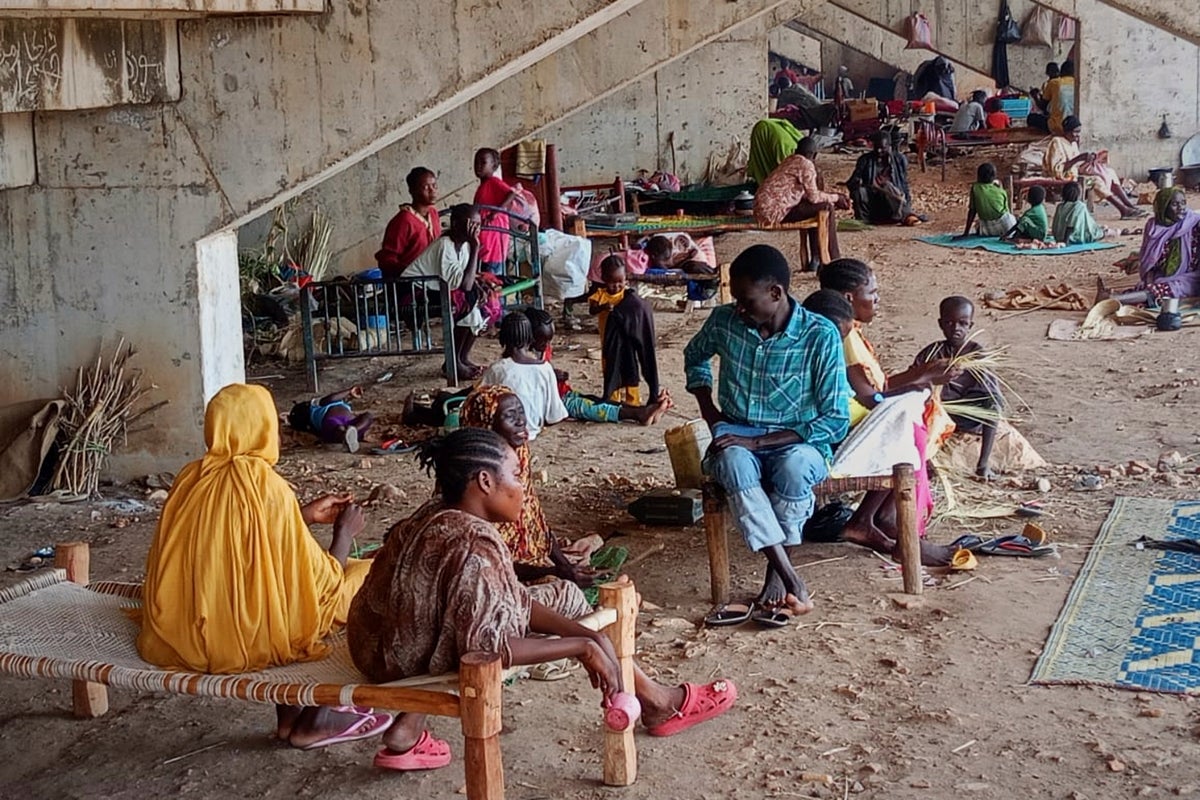One of the world’s largest global health initiatives will shift more of its resources to the very poorest countries to help them manage cuts in foreign aid – primarily from Donald Trump and the US.
The Global Fund to Fight Aids, Tuberculosis and Malaria is trying to raise $18 billion ($13.3bn) for its work from 2027 to 2029. But it faces a challenging funding climate as many donor governments, including the UK, have pulled back from aid. It has also already warned some countries their existing grants for 2025-2026 may be cut as a result.
“We’re skewing our resources even more to the very poorest countries. We are particularly concerned about places where there is really no alternative,” said Peter Sands, chief executive of the Global Fund, pointing to places like Sudan, which is in the midst of a humanitarian crisis after two and a half years of civil war.
He said some low-income countries have made huge progress on tackling infectious disease in recent years, and many are also now trying to mobilise domestic funding to cope with international cuts. But some simply do not have that option, he said.
“There are some parts of the world which are suffering from a kind of vicious combination of poverty, conflict, climate change and disease, and the idea that we can leave those parts of the world to their own devices, is morally repugnant,” he added.
Mr Sands was speaking to reporters in London ahead of the release of the Global Fund’s 2025 results report on Wednesday, which showed that record numbers of people had access to tools to prevent or treat all three deadly diseases in 2023. Since 2002, the partnership’s work has saved 70 million lives, the report said.
But Mr Sands said future progress was at risk if funding dries up. The Global Fund had to warn countries this year that they may face an 11 per cent cut on average to their existing grants, as it is unclear if donors will give all the money they initially pledged for work in 2024-2026. The gap is currently around $1.4 billion, he added.
This article was produced as part of The Independent’s Rethinking Global Aid project
Reuters contributed to this report


